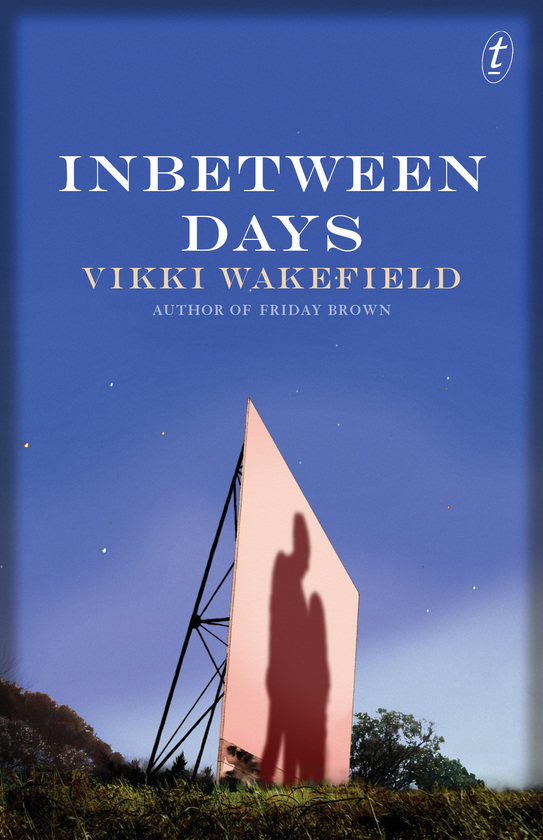Since I loved 'Friday Brown', I couldn't resist reading another by the same author. Without being unkind, I am 200pages in and struggling to smash through the last 100 or so pages. It is an easy read but I am finding the conflict is underwhelming.
So there's Jack (a girl, short for Jacklin) who is grubby, promiscuous, confused, unemployed... even her dog is deaf and nearly blind. What's not to like? The sister that she moved in with to escape her domineering mother (and her stupid father) has suddenly turned all sensible and is echoing her mother's words and behaviour. Jack has taken to being in a relationship with a lovely neighbourhood friend (Jeremiah) as she was rejected by her friend-with-benefits Luke. You can't help but feel she is using him - he is a bit asperger's, and clearly has genuine feelings of affection for Jack:
Jeremiah monitored my expression. 'You don't have to lie,' he said. 'I called. You got the message. You didn't call back. You've filled the gap in my logic.' He got up and pushed his chair under the counter. 'Look, I'm no good at trying to read body language and subtext or between lines - all that guff. Just tell me up front, okay? Now, do you want a drink? Would you like something to eat?'
'I'm sorry... I would have...'
'I changed the subject. It's terribly rude to change it back.' He flashed a smile that let me off the hook, 'Shall I put the kettle on or do you want something else?' (p.208)
I will chuck another post up once I finish the book. It will simply read, 'Thumbs up,' or 'Thumbs down.'
Miss ^__^
So here's the final entry. Thumbs up, but bleak. Not a very uplifting book but well written. And I've gotta hand it to Wakefield. There's closure on every front.
